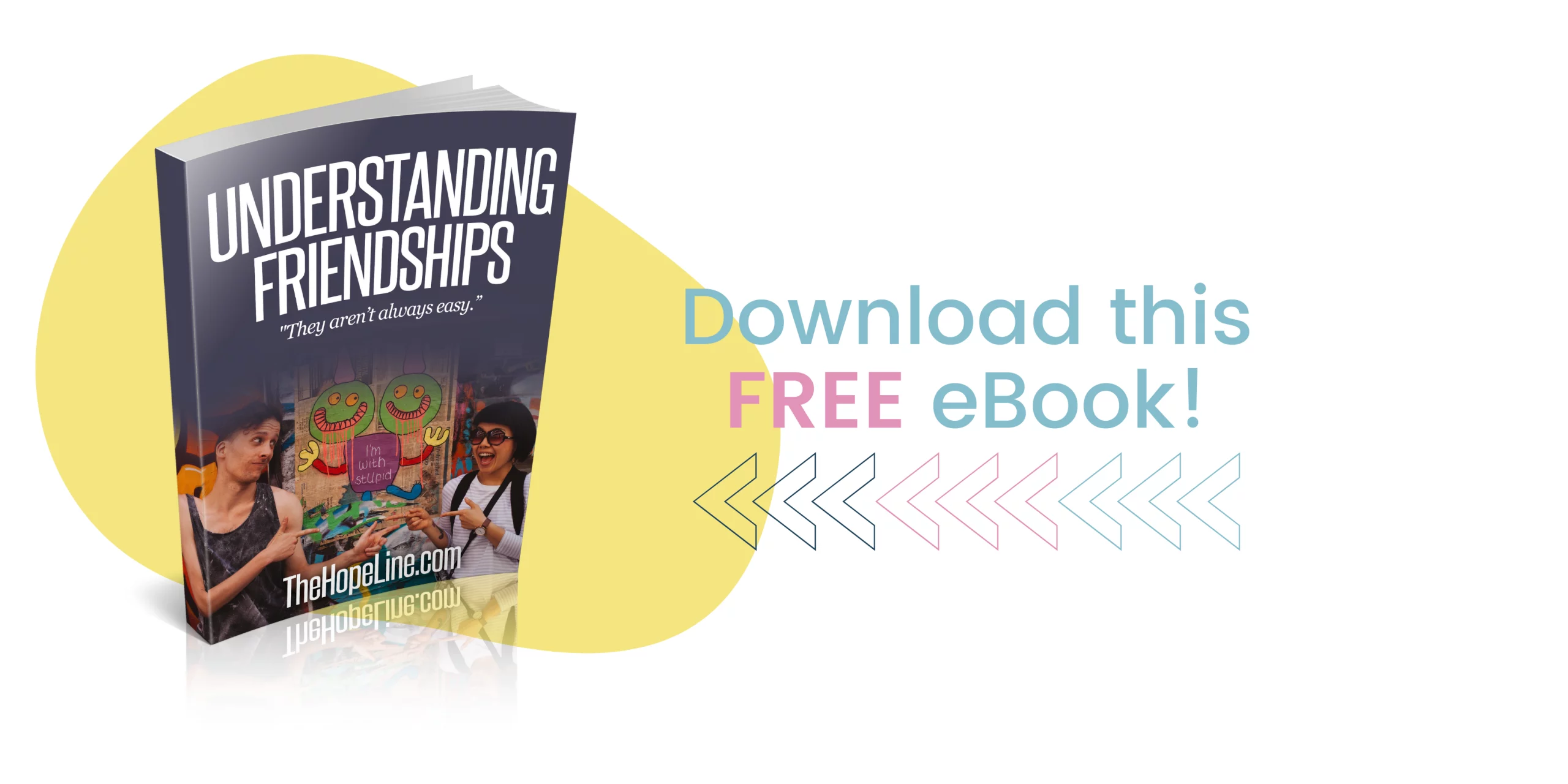Being There for Friends Even if it's Draining
I love being there for people I care about, but sometimes I notice that a friendship leaves me feeling drained. At times, I’ve even felt frustration in a relationship, without knowing exactly why.
If this sounds familiar, you may need stronger boundaries. Here are some things I focus my efforts on to keep from feeling drained or irritated by close relationships.
Honesty About Your Feelings
If it’s a close friend or romantic partner who’s making us feel drained, it can be tempting to dismiss our feelings. You may even find yourself feeling guilt or shame when you feel frustrated about how much your friend calls, texts, and leans on you during a hard time.
But honesty about your feelings is an important step in facing them and getting to the other side of the discomfort in this relationship.
Be honest about when you feel drained.
- Is it after a long conversation?
- Is it when they call at a certain time?
- Does it have something to do with what they talk about when they call, or how much they focus on a certain problem?
Knowing what is troubling you makes it easier to discuss, to set boundaries around, and to heal from as you move forward.
Finding Greater Balance
When trying to talk about and set boundaries in a draining relationship, I try to think of things in terms of finding balance.
Your friendship or relationship is likely to be draining if you feel like your friend is doing all the talking, all the planning, or all the asking for favors. Or maybe you feel like you’re doing all the talking, and planning all the outings, because your friend never seems to offer any thoughts, any input, or any feedback on what you have to say.
Here are some ways to find greater balance in a relationship or friendship:
- Let your friend know you have things you’d like to talk about, and how much it would help you if they listened and/or offered their advice.
- If you’re not ready for advice, that’s okay. Just let them know that the biggest thing they can do to help is offer a listening ear.
- If you’re tired of planning things to do, ask them to plan your next outing.
- If you’re tired of them doing all the planning, offer your suggestions for what to do next.
- If they call or text you all the time, you don’t have to call them right back or answer their texts right away. Call or text back only if you feel like you have the energy to do so.
Saying No
Saying no is not being mean, especially if you do so in a kind and considerate way. You may be feeling drained because you say yes to everything your friend or partner asks you to do, even if you’re already running low on time, energy, or focus. There is nothing wrong with asking for a rain check, or saying “Sorry, can’t make it tonight, can we get together another time?”
Listen to my call with Rachel who can't say "no" to people, especially guys. She feels saying "no" makes her mean.
You can also say no if you find their problem overwhelming or are certain it’s something you can’t handle. Again, you don’t have to turn them down flat. Try saying something like “Sorry, I don’t know how to help. This isn’t a problem I can solve. But I would still like to get together with you soon to spend some time with you.”
Even small steps like these can make a big difference when setting boundaries in a draining relationship.
Taking Time for Yourself
Alone time is one of the most valuable gifts we can give ourselves, especially when we feel drained by others. We can ground ourselves emotionally and spiritually. We can reconnect with God through prayer time, or with the beauty of nature through a walk outside. Or we can curl up with our favorite book at the end of a long day.
None of this means we don’t care about people in our lives. In fact, taking time for yourself may help you gain energy and perspective so you can support your loved one in a way that makes you feel more comfortable.
I know boundaries can be tough to set and stick to. Thankfully, you don’t have to do it alone. Talk to a HopeCoach at TheHopeLine if you need help with healthy boundaries in a friendship or relationship. We are here for you, and we believe things will work out for the best.
Knowing when to leave unhealthy relationships can be hard. It comes down to self-care. Should you stay or leave? Find out here.



